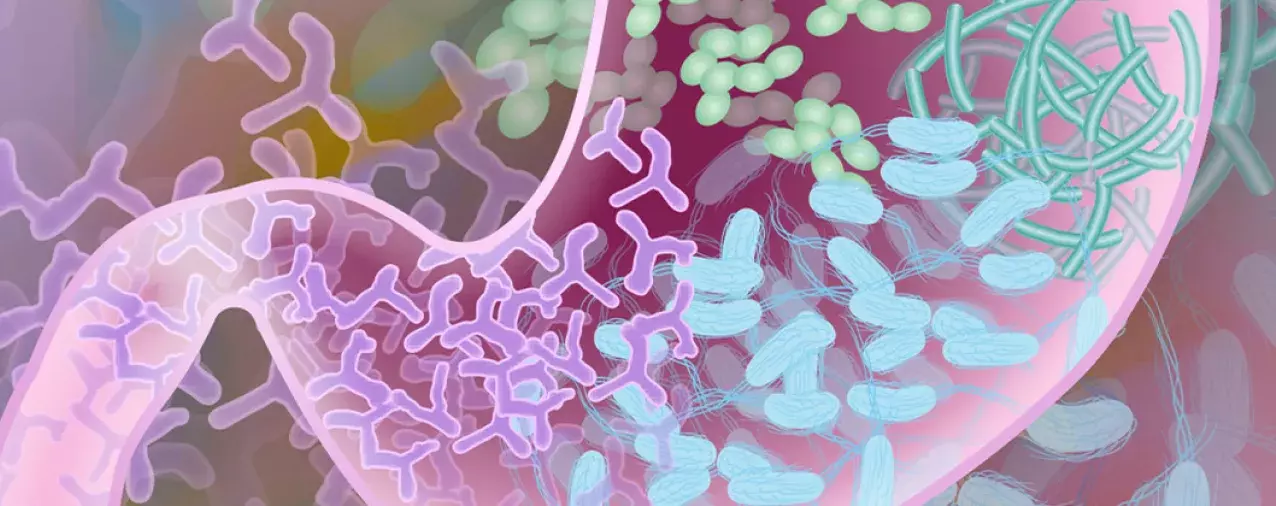Microbiome Lesson Plans

What Is It?
The NHGRI Microbiome Lesson Plans are a bundle of lesson plans developed in collaboration with educators/alumni from the National Human Genome Research Institute’s (NHGRI) annual summer Short Course in Genomics for middle school, high school, community college, and Tribal College educators. Our experienced educators have adapted cutting-edge information about the microbiome offered by the Short Course in Genomics, providing a platform for you to bring the microbiome from the bench to your classroom, from a trusted source, with confidence and ease.
How Does It Work?
The lesson plans are designed to introduce students to the microbiome in a variety of engaging formats that are suitable for different settings. From lectures featuring current science, to a bioinformatics module, to inquire-based labs, teachers have plenty of choices to match their classrooms and resources.
The Microbiome Lesson Plans consist of four modules:
- You Are What You Eat - Exploring the Microbiome through Inquiry-Based Labs
- A Glimpse into the Microbiome: An Introductory Lecture
- Microbiome Virtual Lab Exploration!
- Exploring the Microbiome and its Connection to Metabolic Syndrome
Why Is It Important to Me?
The microbiome is important to human health and the development of a strong immune system. Microbial communities are critical for nitrogen fixation and the health of our crops and livestock. These lesson plans can be adapted to a variety of settings, student populations and educational goals.
Crosscutting Concepts: Patterns; Cause and Effect; Scale, Proportion and Quantity; Science is a Human Endeavor; Stability and Change; Scientific Knowledge Assumes an Order and Consistency in Natural Systems; Interdependence of Science, Engineering, and Technology; Science Addresses Questions About the Natural and Material World
Practices: Obtaining, Evaluating, and Communicating Information; Scientific Knowledge is Based on Empirical Evidence; Engaging in Argument from Evidence; Using Mathematics and Computational Thinking; Scientific Knowledge is Open to Revision in Light of New Evidence; Asking Questions and Defining Problems; Analyzing and Interpreting Data; Obtaining, Evaluating, and Communicating Information; Engaging in Argument from Evidence; Science Models, Laws, Mechanisms, and Theories Explain Natural Phenomena